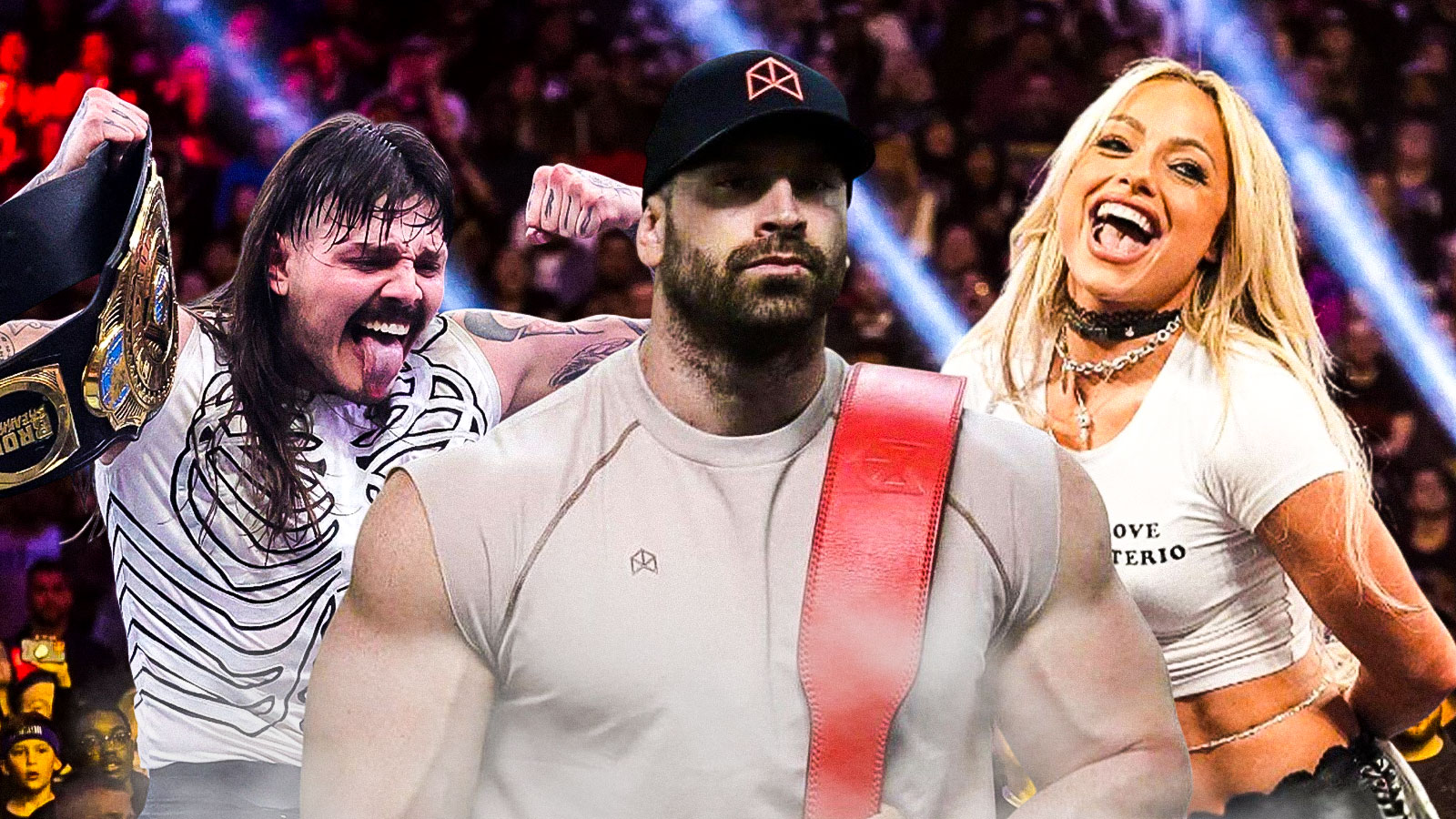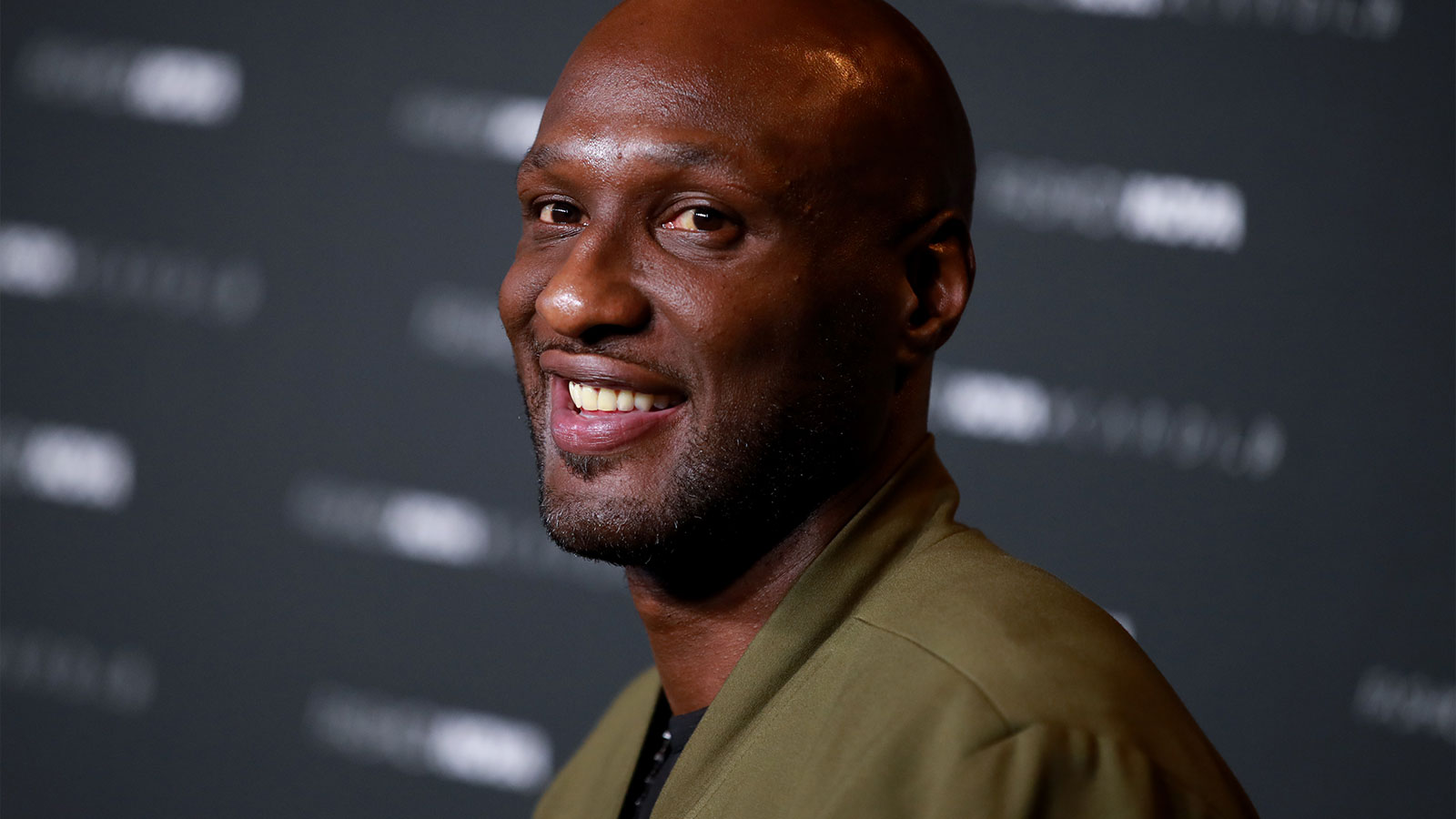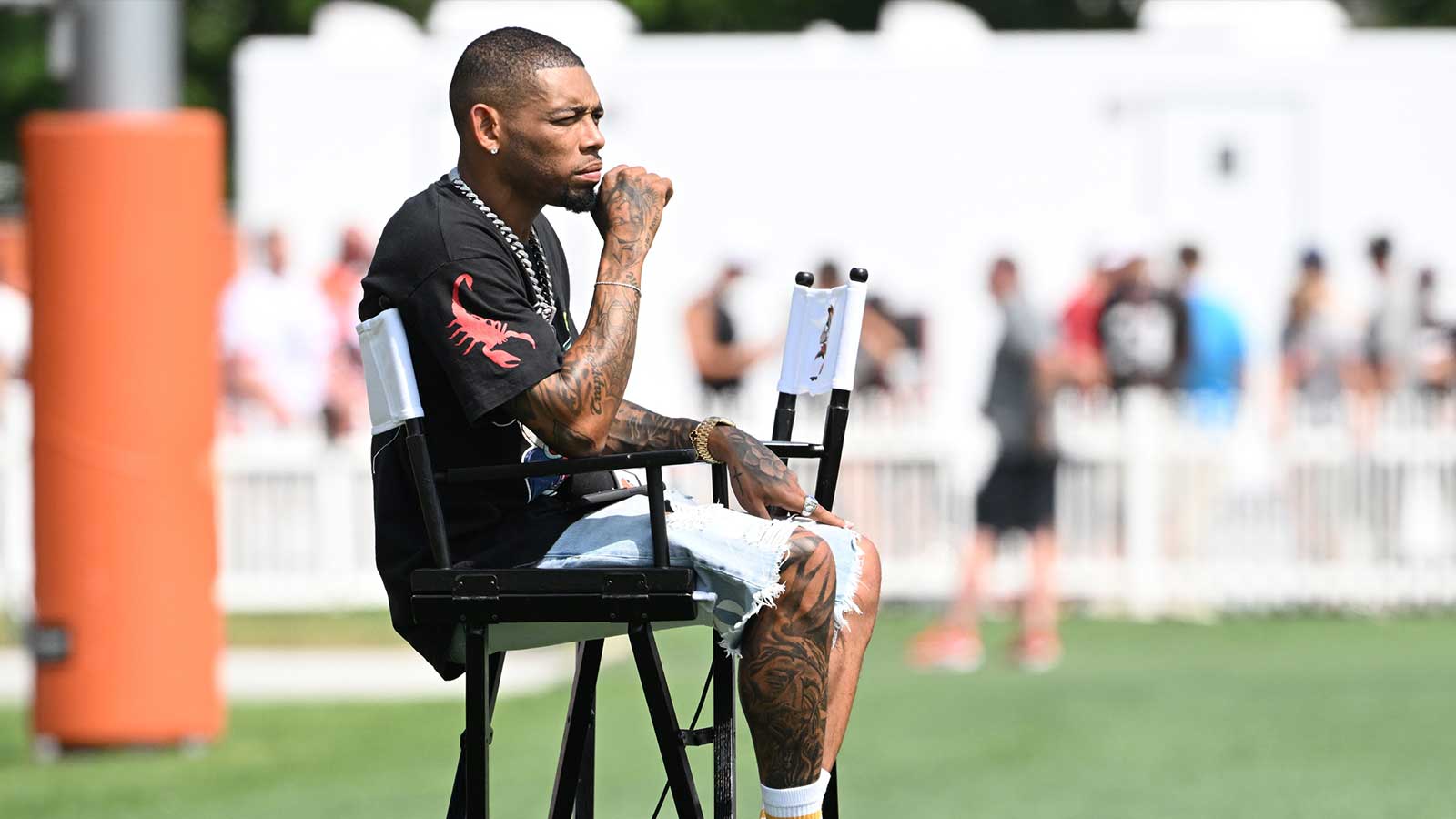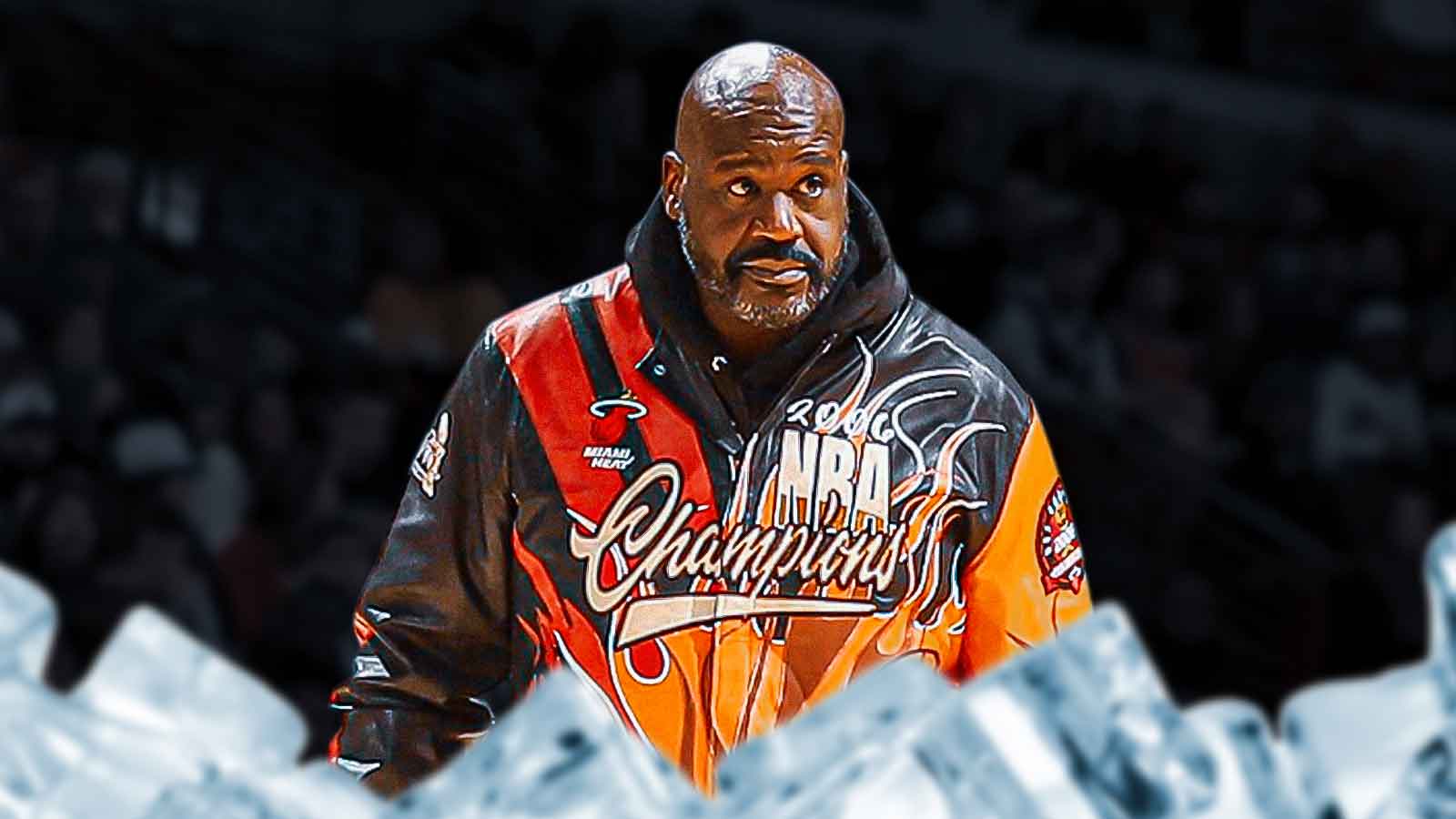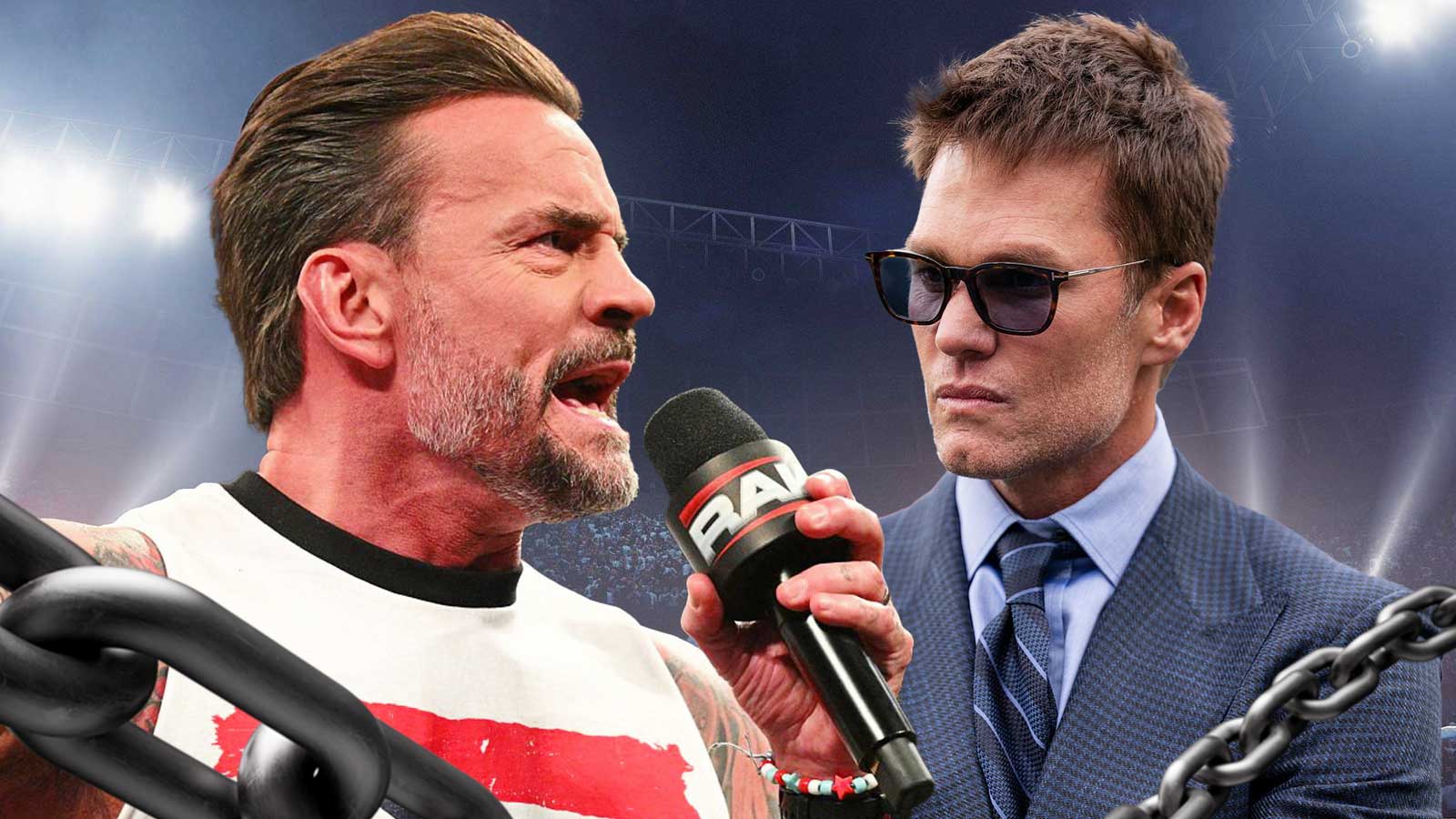Anyone who grew up or was around in the 1990s was entranced by seeing Stuart Scott on ESPN. His cutting-edge brand of sports commentary made him one of the most beloved cultural icons of his time
Now, his life is being immortalized in an upcoming 30 for 30 documentary on ESPN entitled “Boo-Yah!: A Portrait of Stuart Scott”. On Thursday, ESPN released the trailer for the documentary is set to be released on Dec. 10.
30 for 30 ‘Boo-Yah: A Portrait of Stuart Scott’, chronicles the trailblazing ESPN anchor who broke barriers, brought hip-hop culture to SportsCenter and inspired millions through his career and courageous battle with cancer.
Premieres December 10 at 9PM ET on ESPN and the ESPN… pic.twitter.com/VsVRWOqxMq
— ESPN (@espn) November 20, 2025
Throughout his career at ESPN, Scott revolutionized how people covered sports. Along the way, he helped popularize SportsCenter with his trademark commentary, often accompanied by his signature catchphrases.
Among those included “Boo-Yah!”, “As cool as the other side of the pillow,” and “You ain't gotta go home, but you gotta get the heck up outta here”.
At the time, he worked alongside some of the biggest names in sports media. They included Robin Roberts, Rich Eisen, Dan Patrick, Kenny Mayne, and Charlie Steiner, to name a few. In time, Scott won the hearts of so many and paved the road for other sports media personalities to follow.
Altogether, Scott was at ESPN from 1993 to 2015.
In 2015, Scott passed away from cancer at the age of 49.
Stuart Scott was a hip-hop icon.
Scott's career was defined in large part by bringing hip-hop-infused commentary to sports. His slogans and persona were true to the essence of hip hop culture, particularly as an MC in the realm of sports commentary.
In other words, he was front and center. Undoubtedbly, ScottUndoubtedly's emergence came at a time when hip hop was beginning to dominate mainstream popular culture, including sports. Overall. his ascendence coincided with that of the Michigan Fab Five, Allen Iverson, Ken Griffey Jr., and other athletes who embraced hip-hop and wore it on their sleeves.
Scott did just that and, in his own words, said that hip hop was here to stay, it would never die. ,









